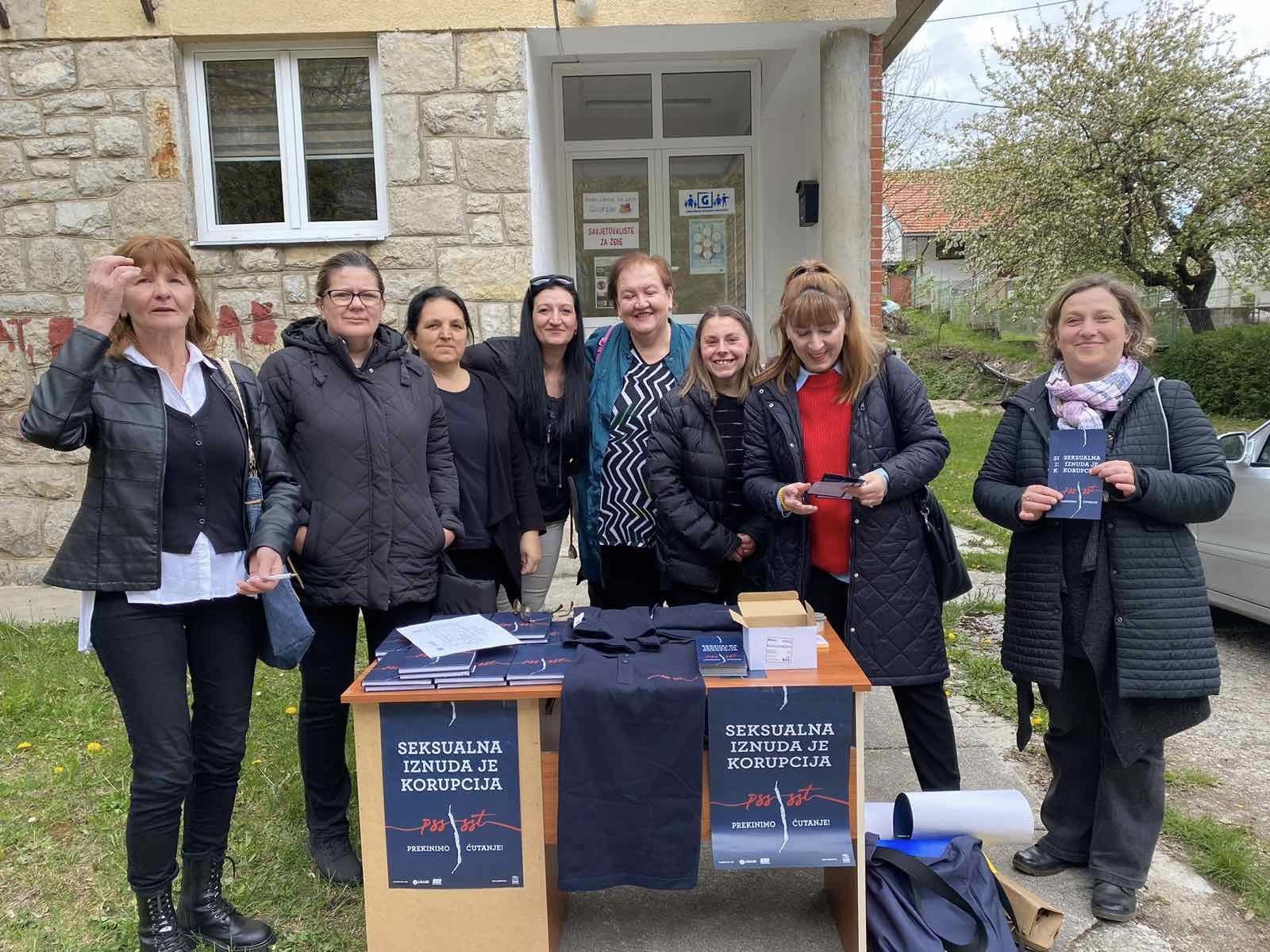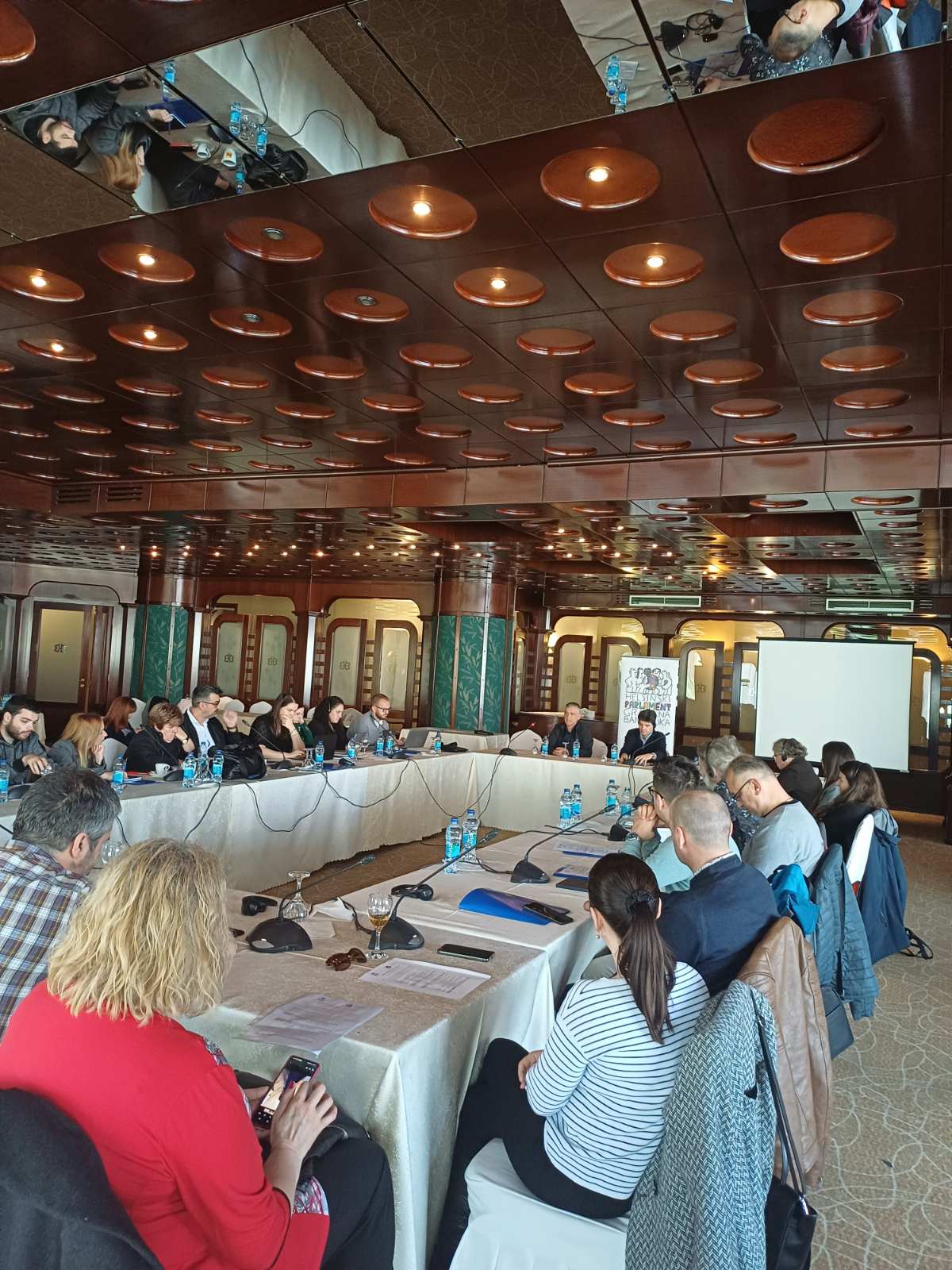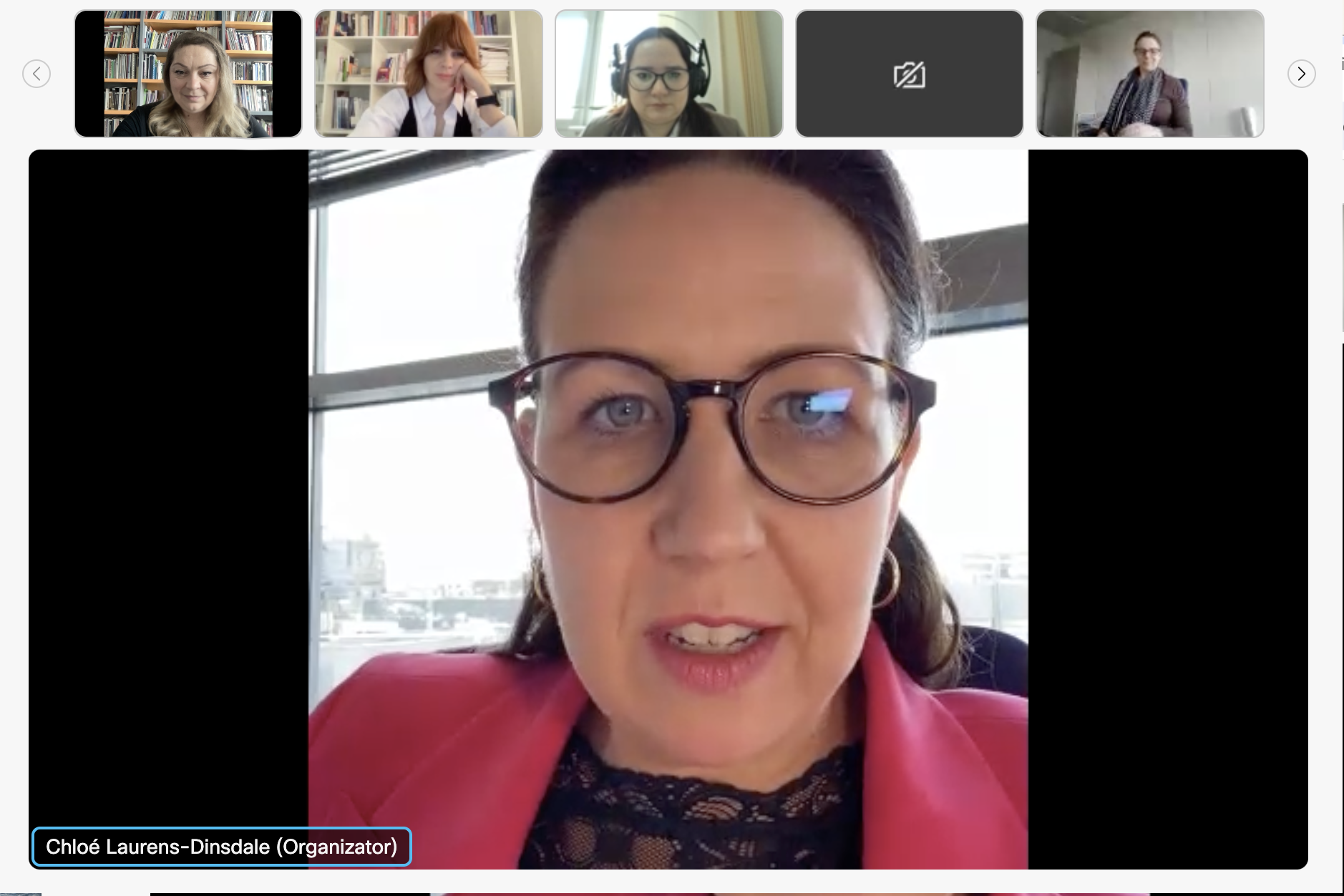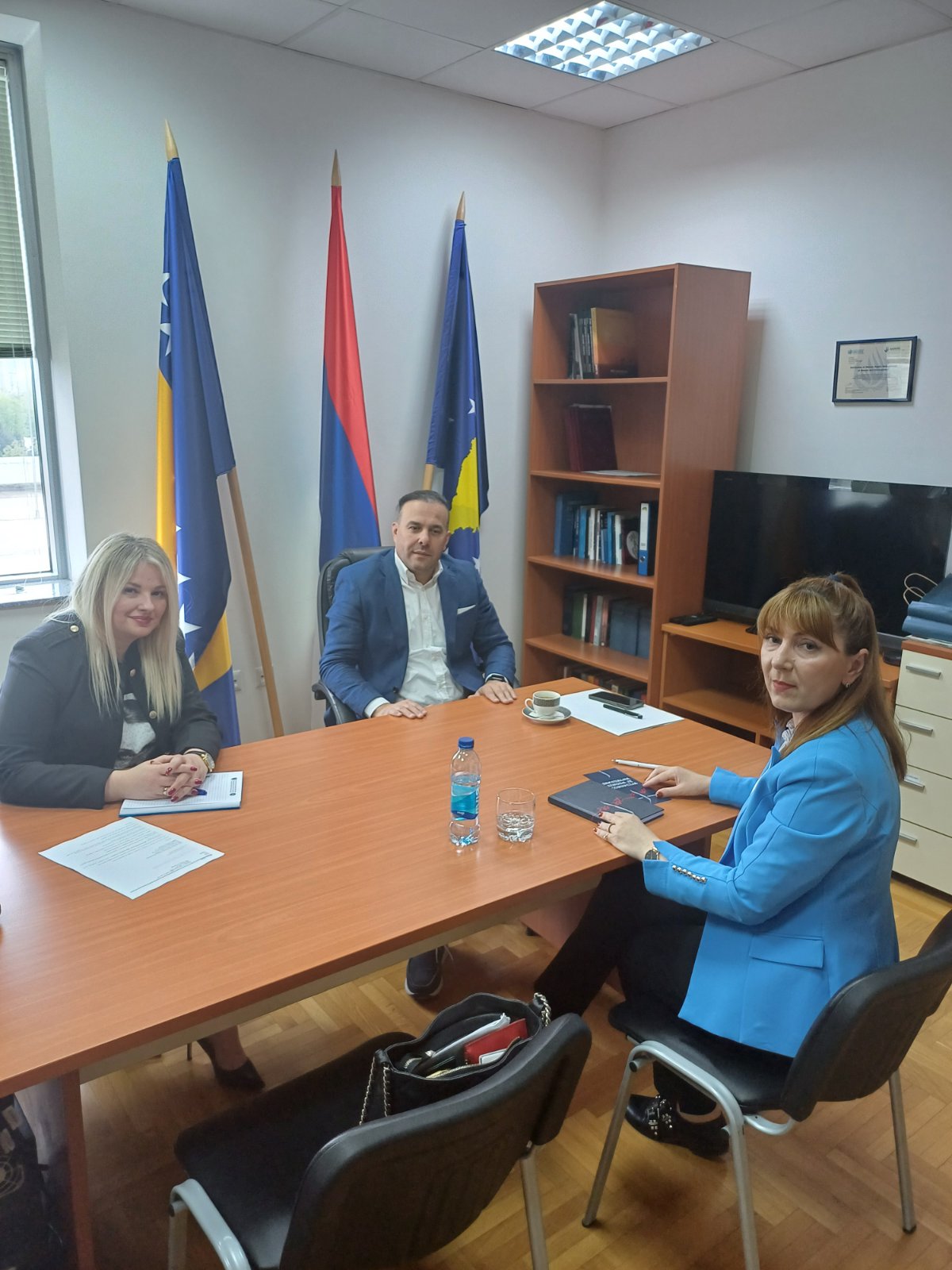As part of cooperation with journalists within the project “Strengthening Legal Aid Providers to Fight Gender-Based Discrimination in the Labor Market in BiH”, we bring you a text by journalist Nejra Hasečić about women who go through the process of in vitro fertilization in the labor market.
Family or career – this is often the choice that women in Bosnia and Herzegovina (BiH) have to make. The situation is even more difficult for women who are unable to conceive naturally and opt for the process of biomedically assisted insemination. Resignations, giving up business offers, looking for new jobs that would not greatly affect the treatment of infertility or hiding the fact that she underwent the process of in vitro fertilization, are some of the fears faced by women in BiH who start the procedure of in vitro fertilization.
This is shown by the case of the forty-one-year-old activist Indiana Husić-Šabanović from Sarajevo, who ten years ago, from the fifth attempt at in vitro fertilization, managed to get pregnant and become the mother of twins. For Discriminacija.ba, she remembered that period and said that the process of in vitro fertilization affected her business career.
“The process itself is quite tiring. It is mentally exhausting and when you are constantly in the process of treatment, it is terribly inconvenient to combine that with work,” says Husić-Šabanović, who, at the time, was doing part-time work under work contracts.
The earnings from such jobs were not enough to pay for the treatment process that lasted more than six years, and there was no reimbursement from the health insurance institute then. Each procedure, he says, cost from six to eight thousand BAM.
“First you spend your savings, then you take out loans. After that, your family starts lending you money, because you get into a situation where you cannot even take out a loan,” she adds, emphasizing that the process of in vitro fertilization had a major impact on her business career.
Career neglect
During her many years of activist involvement, Husić-Šabanović was surrounded by numerous women who also went through the process of in vitro fertilization. The experiences of those who were employed at the time, as he says, “were terrible” and no woman who went through the process of in vitro fertilization progressed in her job during the process and women, for the most part, “neglected their careers”.
“Some had problems because they could not go out on time for examinations, so they could not take sick leave. There were a lot of them who were employed and whose contract was not extended, who had a fixed-term contract. My colleagues who were employed had problems because they had to go to the toilet at work and apply that injection. Then talk started that they were taking drugs at work, etc., says Husić-Šabanović.
All this, she says, creates additional stress that can have a negative impact on the in vitro fertilization procedure itself.
Like many other women, Indiana Husić-Šabanović refused business offers for years because she could not reconcile her business career with the painstaking multi-year process of in vitro fertilization.
“I was giving up jobs. I got pregnant at the age of 31, and I started the process at the age of 24. At the age of 31, I became aware that I did not have a permanent job,” she says.
Part-time jobs resulted in her having a lot of work experience today, but no length of service, which, she says, is a priority for most employers in the hiring process. Although her level of education is a higher vocational education (VSS), today she does not work in the profession and does the job of a secondary vocational education (SSS). The biggest reason for this is that due to her part-time jobs, which she decided to do because of the in vitro fertilization process, she was not registered with a university degree.
“Infertility affected my career, in the sense that I worked on part-time contracts, that I did jobs that are on the list of the university degree level, and that later employers do not look at it because it is not recorded anywhere,” she adds.
The entire article is available at: diskriminacija.ba
Image taken from: pixabay





